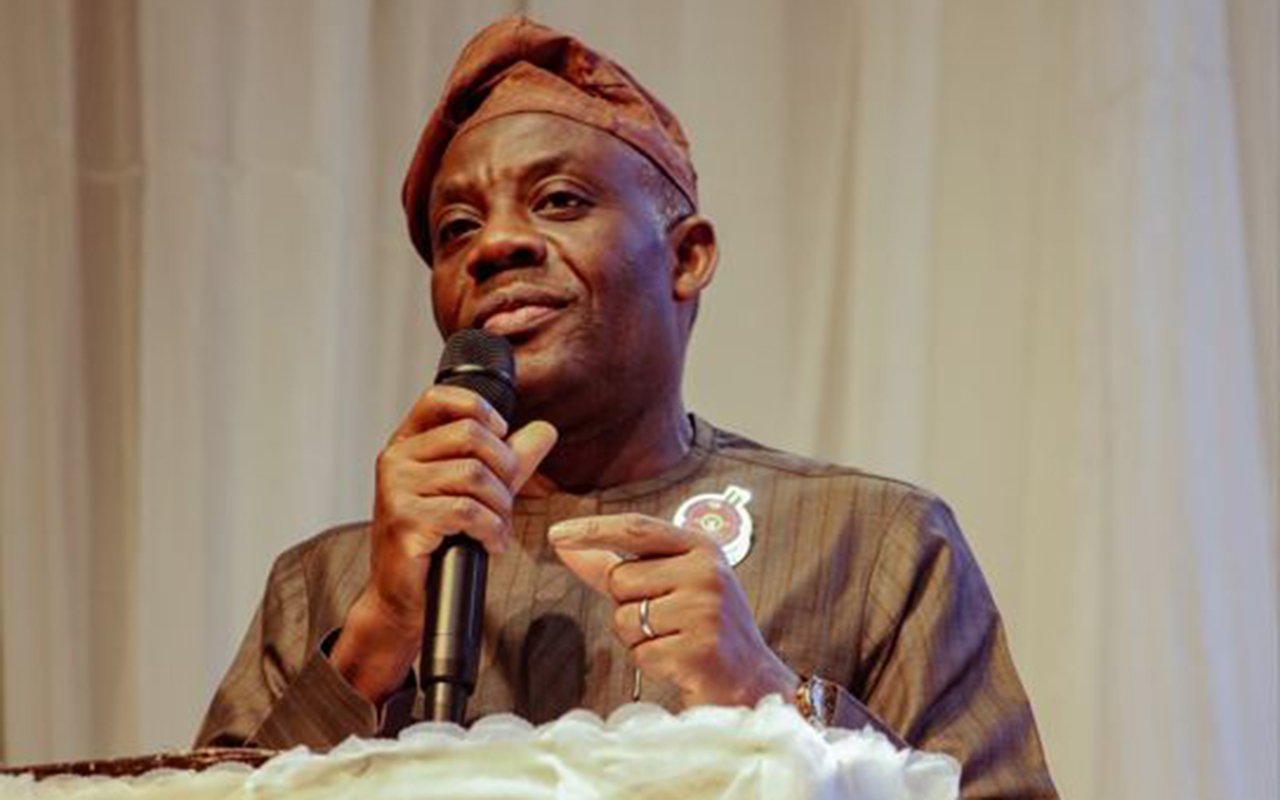Nigeria is poised to transform its fiscal landscape, targeting a tax-to-GDP ratio increase from under 10% to at least 18% within three years. Taiwo Oyedele, Chairman of the Presidential Committee on Fiscal Policy and Tax Reforms, shared this ambitious goal during an ARISE NEWS interview, outlining the impact of newly signed tax laws.
Signed into law by President Bola Tinubu, these reforms include the Nigeria Tax Bill, Tax Administration Bill, Nigeria Revenue Service Establishment Bill, and Joint Revenue Board Bill. Oyedele emphasized that the laws address structural inefficiencies, enhance fairness, and aim to close a staggering 70% tax gap identified in recent analyses.
According to Oyedele, Nigeria’s economy, has historically underperformed in tax collection compared to peers like South Africa, which boasts a 26% tax-to-GDP ratio. The reforms introduce measures to make tax evasion more difficult and costly, while simplifying compliance to boost revenue without increasing tax rates.
A cornerstone of the reforms is the exemption of Nigerians earning less than ₦1 million annually from personal income tax, a significant shift from the previous 7% tax on incomes as low as ₦300,000. Small businesses with annual turnovers below ₦50 million are also exempt from corporate income tax, fostering economic growth at the grassroots level.
Corporate income tax is now standardized at 30%, with value-added tax (VAT) set at 7.5%, but essential items like food, education, healthcare, rent, and public transport are VAT-exempt. These provisions aim to alleviate financial burdens on low-income earners and small enterprises, promoting inclusivity in Nigeria’s tax system.
Oyedele highlighted that the reforms go beyond revenue generation, focusing on rebuilding public trust through enhanced government transparency and accountability. He described the initiative as a “reset of the social contract,” ensuring that tax revenues are applied effectively to benefit Nigerians.
The reforms address a long-overdue need, with Oyedele noting they should have been implemented decades ago. He praised President Tinubu’s political courage in pushing through the contentious legislation despite significant public and political backlash.
By closing more than half of the tax gap, the reforms are projected to double Nigeria’s tax revenue within three years. This ambitious target hinges on streamlined tax administration and incentives for compliance, positioning Nigeria for sustainable fiscal growth.
Oyedele acknowledged the heated debates surrounding the reforms, crediting Tinubu for unwavering support despite personal criticism. The president’s commitment, he noted, reflects a rare demonstration of political will to drive transformative change in Nigeria’s fiscal policy.
These tax reforms signal Nigeria’s commitment to building a fairer, more efficient tax system that supports economic growth and public trust. As implementation begins, the nation watches closely to see if these bold measures will deliver on their promise by 2028.























